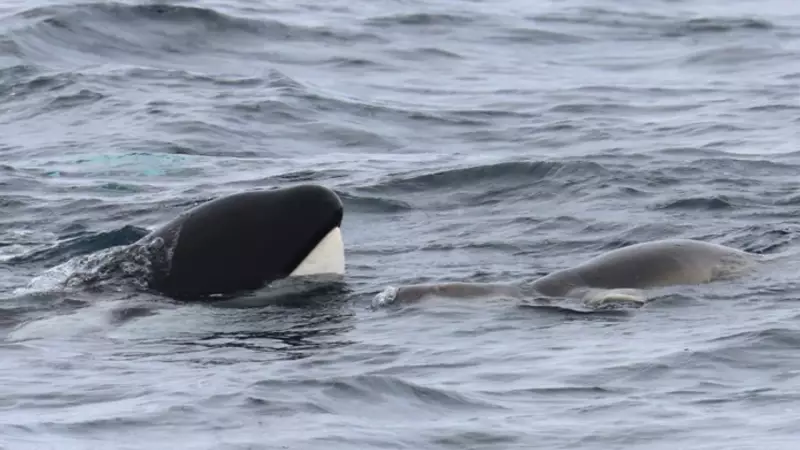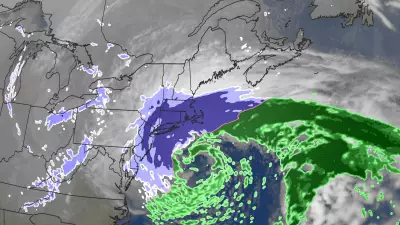
Groundbreaking research from Vancouver Island is transforming our understanding of the Pacific Northwest's most elusive marine predators. A comprehensive new study reveals fascinating details about the hunting behaviors and social dynamics of mammal-eating killer whales that patrol British Columbia's coastal waters.
Unveiling the Lives of Elusive Predators
For years, researchers have struggled to document the complete picture of these mysterious orcas, known scientifically as Bigg's killer whales. Unlike their fish-eating counterparts, these marine mammals maintain smaller group sizes and exhibit remarkably different hunting strategies that have made them particularly challenging to study.
The research team made several key discoveries that challenge conventional wisdom about these apex predators:
- Mammal-eating orcas form significantly smaller social groups than salmon-eating residents
- Their hunting patterns show remarkable adaptability based on prey availability
- These predators display complex communication systems distinct from other orca populations
Advanced Technology Reveals Hidden Behaviors
Scientists employed cutting-edge research methods, including drone surveillance and underwater acoustic monitoring, to track these elusive whales across Vancouver Island's diverse marine environments. This technological approach provided unprecedented insights into their daily lives and hunting techniques.
The combination of aerial observation and sound recording allowed researchers to document behaviors previously unseen by human observers, explained the study's lead marine biologist.
Conservation Implications and Future Research
These findings carry significant implications for marine conservation efforts along Canada's West Coast. Understanding the precise ecological role of mammal-eating orcas helps scientists better predict how environmental changes might affect these specialized predators.
The research team emphasizes that continued monitoring is essential, particularly as climate change and human activities continue to transform marine ecosystems. Future studies will focus on how shifting ocean conditions might impact the delicate balance between these predators and their prey populations.
This landmark study not only deepens our appreciation for Vancouver Island's rich marine biodiversity but also provides crucial data for protecting these magnificent creatures for generations to come.






